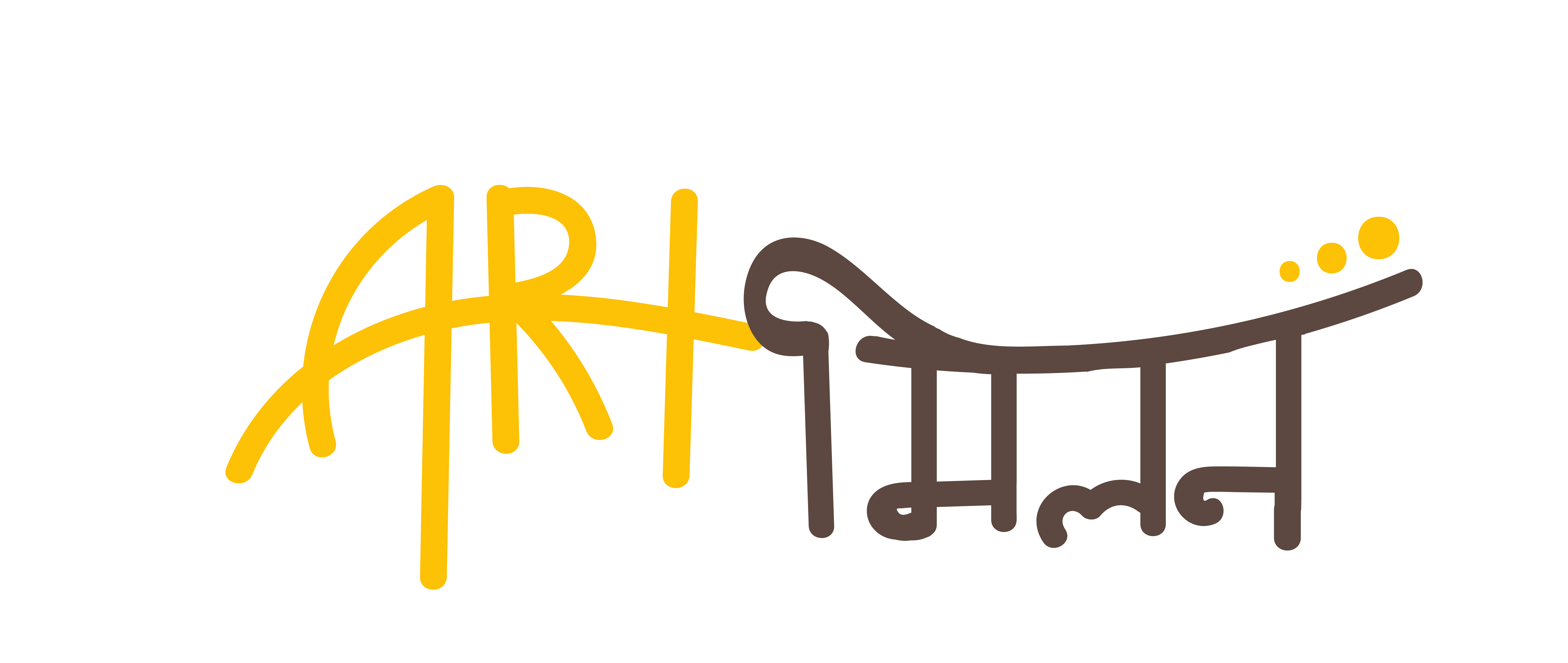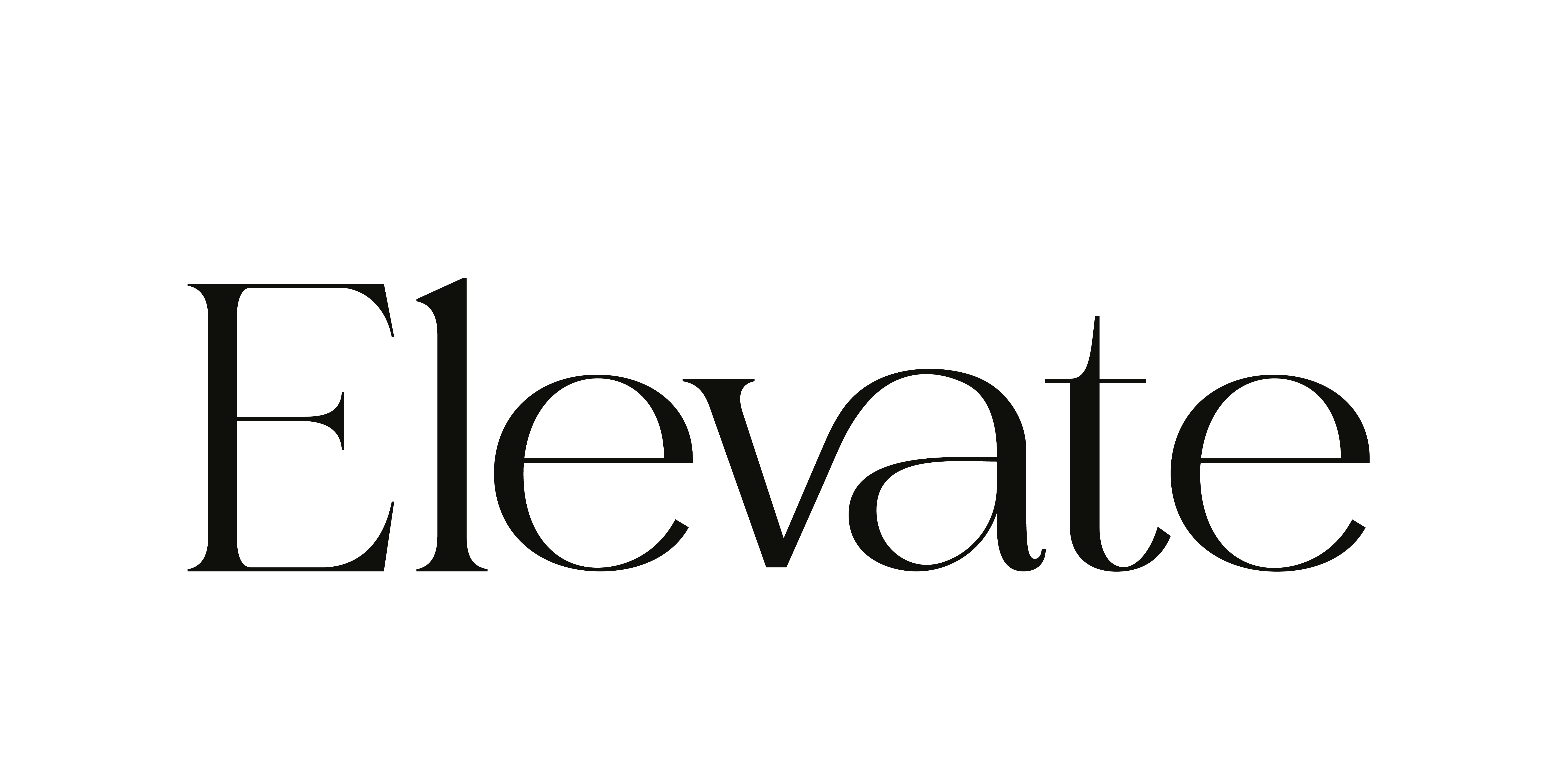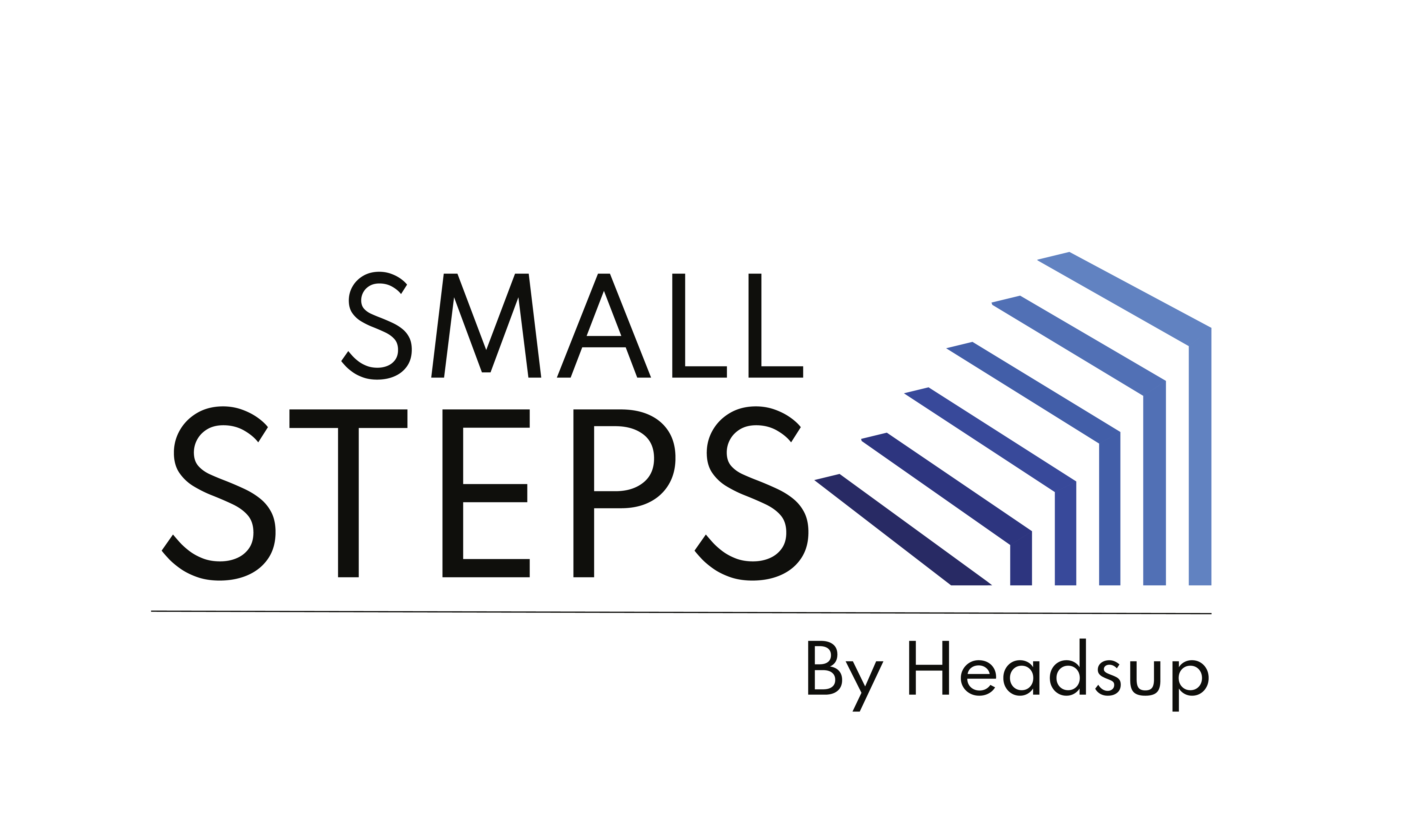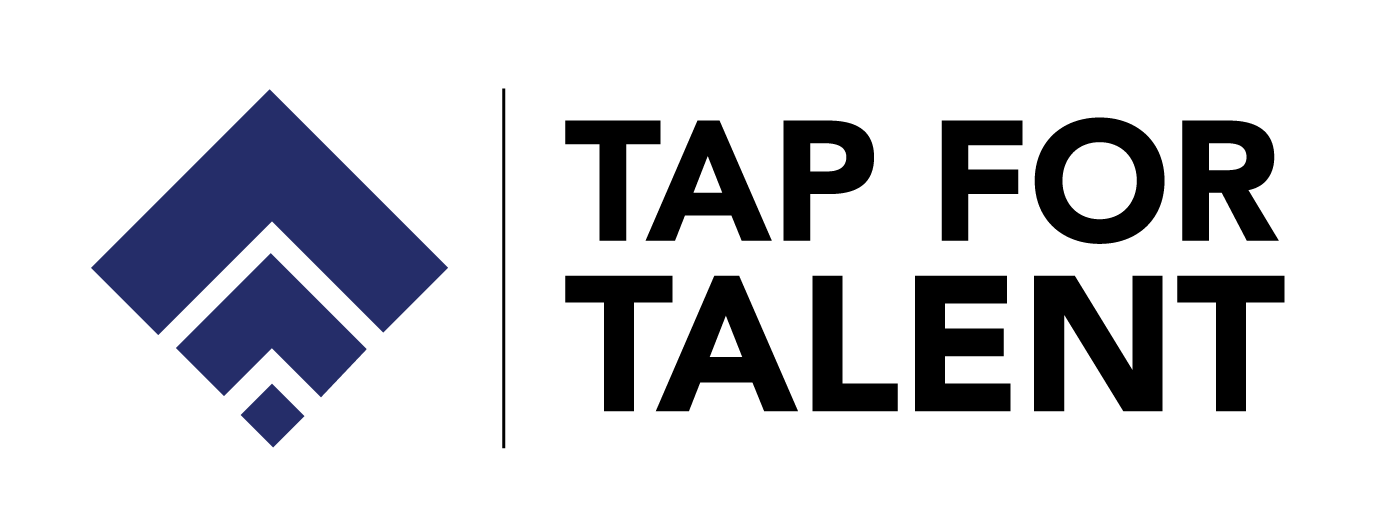We have all been there…and maybe still are there. At the workplace, we are competitive and want to impress our superiors simultaneously gratifying our own ego by being the best, productive employee in the organization. But that’s not all that pushes us to overload our plates with work. Elements of fear, conformity and maintaining reputation too come to play. So, in our journey of cultivating the good habits of being punctual, courteous and hardworking, let’s add the habit of saying ‘No’ at the workplace. But first here’s a dissection as to why, at all, we say ‘Yes’:
The Psychology of ‘Yes’
‘Yes’ is a Survival Mechanism
Evolution has programmed us to say ‘Yes’. It is a form of survival mechanism. As humans, we stuck together in groups even when our only job was to hunt. Living in groups somehow increased the possibility of our survival given the high probability of getting eaten by wild animals if left alone. But the dynamic of group involved sharing and adjusting to come to a common harmonious conclusion.
The Brilliant Idea to Please to Stick Together
Humans, therefore, learnt to modify their individual behavior according to what was accepted to be a more agreeable behavior in the group. Each individual then started seeking approval (verbally or non-verbally) from the other members of the group, lest they get ostracized. And seeking others’ approval always involves the element of ‘pleasing’ them.
Fear of Being the ‘Bad Guy’
At work, we never want to be perceived negatively, especially by our boss. So, we say yes to almost everything he/she tells us to do (even when we are drowning in already excessive work). We laugh even if their jokes are not funny. And so that we don’t get isolated by our fellow coworkers, we conform even more. We eat the same lunch, watch the same series, and even agree to ideals we might otherwise differ.
The Planning Fallacy
Our hardened tendency to conform brings forth a cognitive bias known as the planning fallacy. This means that no matter how much work we have, we always feel that we can accept a new assignment and deliver it within a shorter time than expected. Our over-optimistic approach to work, therefore, leaves us with a work plan whose deadlines welcome stress and frustration. And nobody else but us should be blamed for this.
How to Say ‘No’ with Kindness
When you have too much on your plate or you don’t think a proposed plan is right, the logical thing to do is to say no diplomatically. Saying no does not make you rude as long as you are not being rude. Here’s how you can communicate your disagreements or decline assignments politely with your four basic interaction points at work:

Your Boss: A blunt ‘no’ on the face of your boss, or being passive-aggressive does give out the “rude” vibes. So, instead of making your supervisor realize how much work he/she has already assigned you with, be grateful that he/she thought you to be the perfect fit for the new assignment and then share your work plan for the week. This would not only make them feel good about themselves and you but will also offer clarity as to which project/assignment is to be prioritized at the moment.
Your Co-worker: Co-workers will generally ask for your help rather than dumping assignments on you. If you are disinterested and/or too busy with your own work, tell them the truth politely. Make them understand that you are not well adept on the concerned topic and/or have too much work yourself.
Your Employees: When you are in a leadership position, your team members would want to offer suggestions because you, as a leader, encourage brainstorming and new ideas. But, at times, when you have already chalked out the execution plan of a project, and one of your team members come with a new plan, it’s best not to directly dump them. Back it up with reasons why you are declining their suggestion, that the plan has already been approved and how any change in it may send the project back to the drawing board and invite further delays.
Your Client: Your clients hire you because they know you are competent for the concerned work. But because they are paying you, they also try to influence your work. They would like to drop ideas as to how you should maneuver the project or assignment in question and those ideas may not be workable at all. Instead of going on a full-blown monologue of how competent you are, and how you know what’s best, listen to their plan carefully. Take note of the key issues the client is trying to solve through and the loopholes in their plan. Tell them why you think it will not work out, how your plan is also directed towards solving the same issues and back it up with viable examples.
The best way to bring in work-life balance is to establish harmony at work by shedding off the ancient programs from your system. Say no when necessary but do not overdo it to miss important opportunities. At work, it is always best to balance honesty and diplomacy.








